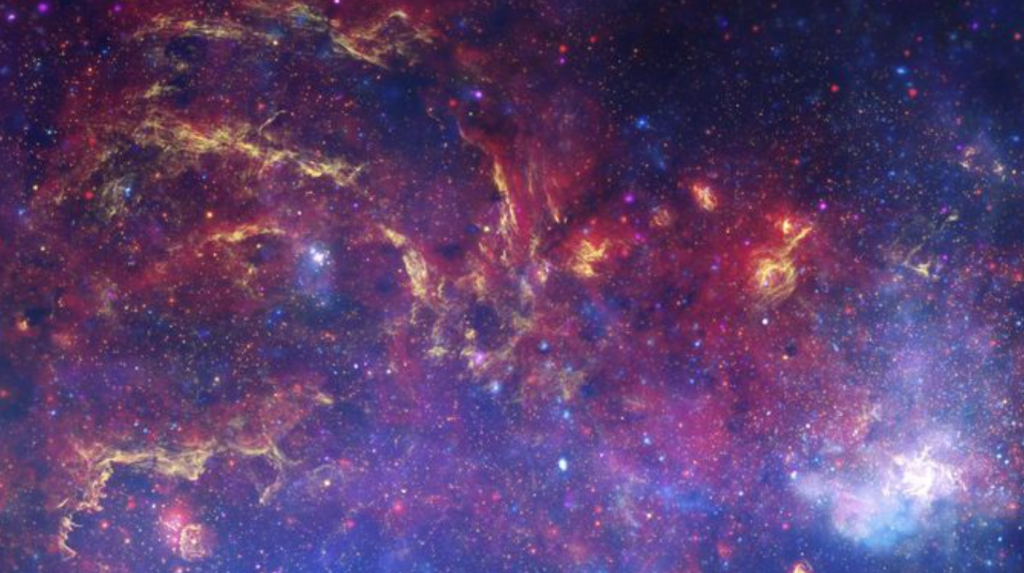Did the universe begin to exist? This is the seventh of a series of short posts about whether gods exist and why the question is an important one.
The argument that the universe must have had a cause is sometimes framed as the Kalam cosmological argument.
- Everything that begins to exist has a cause
- The universe began to exist
- Therefore the universe has a cause
 |
| Photo – Milky Way galaxy from NASA/ESA Hubble |
In the last post, I explained why both premises were questionable. But, even if both premises were true, the conclusion does not logically follow from the premises.
Why? Because it equivocates between two different meanings of the phrase ‘Begins to Exist.’
Let’s look at a parallel syllogism. I call it the Kalam Papal Movement Argument.
- Bishops can only move diagonally
- The Pope is the Bishop of Rome
- Therefore the Pope can only move diagonally
We can instantly see the flaw in this. In Premise 1, the word ‘Bishops’ means Bishops on a chess set. In Premise 2, the word ‘Bishop’ means a Bishop in the Catholic Church.
Similarly, in the Kalam Argument, in Premise 1, the phrase ‘Begins to Exist’ means that particles that already exist are being rearranged. But in Premise 2, the phrase ‘Begins to Exist’ means that particles that didn’t already exist are created out of nothing.
The Christian apologist William Craig has acknowledged this problem, using the Aristotelian concepts of Material and Efficient Causes.
For example, a table would have a Material Cause, which is the wood and the nails, and an Efficient Cause, which is the carpenter.
William Craig has accepted that creation from nothing might seem implausible because it does not have a Material Cause, but he says that it is even more implausible for something to have neither a Material nor an Efficient Cause.
Well, surely that is an argument for neither option being true? On the basis of this logic, it seems more likely that the matter and forces that make up the universe are eternal and never began to exist.







"Well, surely that is an argument for neither option being true? On the basis of this logic, it seems more likely that the matter and forces that make up the universe are eternal and never began to exist."
ReplyDeleteBut why is it so? Why all the infinity? This I struggle with.